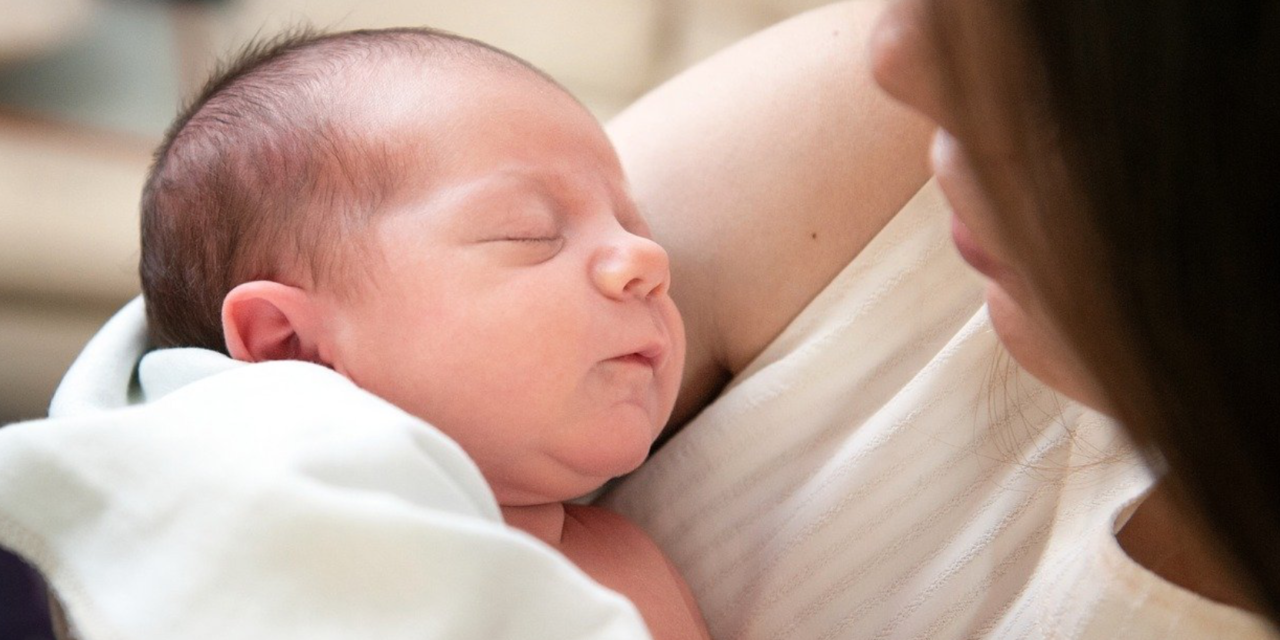New state legislation meant to ensure the health of pregnant women and their unborn children while incarcerated has been introduced in Raleigh, with what backers are calling strong support of “a broad, bipartisan coalition.”
House Bill 608 has been introduced by NC Reps. Kristin Baker (R-Cabarrus), Kyle Hall (R-Rockingham, Stokes, and Surry), Donna White (R-Johnston) and Ashton Wheeler Clemmons (D-Guilford ).
The bill, if it becomes law, will add protections and increase support for pregnant women in North Carolina’s prisons and jails.
A central component of the bill limits the practice of shackling women during pregnancy and delivery, and the bill also enhances nutrition guidelines for pregnant women in jail or prison, provides procedural instructions as to how those women are housed while incarcerated and ensures the mother’s visitation rights after birth takes place.
A press release from the legislation’s supporters states that practices of restraining late-term pregnant women jeopardize the health and safety of the baby.
“This dangerous practice still happens far too often inside North Carolina prisons and jails,” it states. “The use of shackles can cause injuries to mothers and their babies, including physical trauma due to falls, increased pain during labor from bone separation and muscle tears, blocked circulation, and miscarriage.”
There are already some stringent legal guidelines as to how prison and jail guards can restrain inmates using shackles – but this new bill enhances existing laws and requires more training for detention officers to assure that those laws are followed.
Guilford County learned a hard lesson about restraining inmates just over a decade ago – though the tragic case didn’t involve a pregnant woman. The county was sued after a male inmate died after being strapped into a restraining chair for extended periods of time over three days during the week of Christmas in 2009.
In that case, Guilford County paid out nearly a half-million dollars in a wrongful death lawsuit settlement.
Backers of the current bill say that the treatment and restraint of pregnant women behind bars require an extra level of care.
According to information released with the bill, women are the fastest growing population in the state’s prison system and one in four children will experience the incarceration of a parent before the age of 18.
The new bill calls also for greater limitations on body searches of pregnant women and addresses the time period after a baby is born.
“Without proper access and training, incarcerated women will continue to be body searched by male corrections officers leading to further trauma,” the press release states, “and children will have less opportunity to visit their mothers who are serving time to ensure a familial bond.”
The bill has support from many health care providers, advocacy organizations, law enforcement agencies and the NC OB/Gyn Society.
Transylvania County Sheriff David Mahoney, the president of the North Carolina Sheriffs’ Association, noted in a prepared statement that there are safe ways to handle pregnant inmates.
“Providing proper care and custody for all inmates is important to the sheriffs of North Carolina,” Mahoney stated. “The procedures applicable to pregnant inmates is an important topic that is very sensitive for multiple reasons. We are glad that all interested parties stayed focused on the important objectives of both the woman’s health and public safety, which are not mutually exclusive.”


Liberal malarkey! A few years ago Guilford County had an attempted escape by a woman who had just delivered. She didn’t give a hoot about the baby, nor the officer that was seriously injured while running her down. From experience, I’d say this is the rule rather than the exception. If tge child isn’t generating revenue through WIC & SNAP, and or child support payments, most of the criminal element doesn’t want them.
How do you get pregnant behind bars?